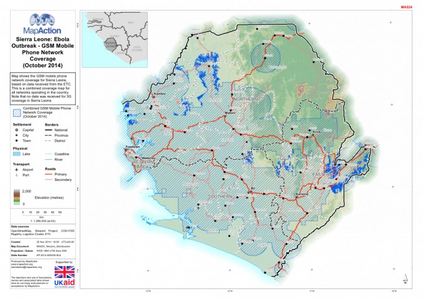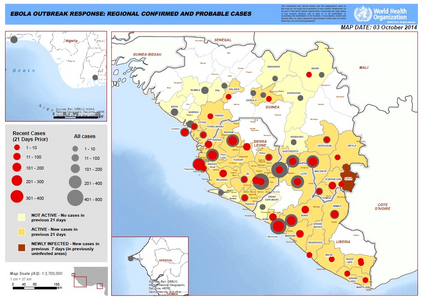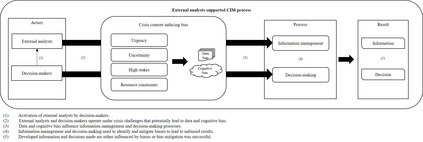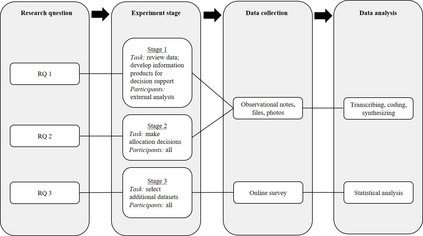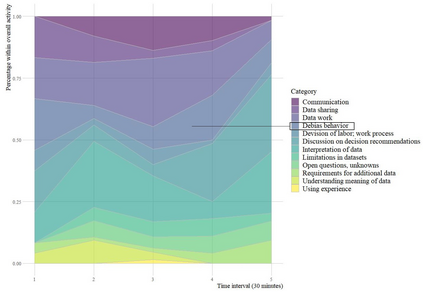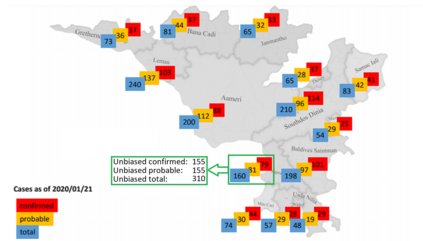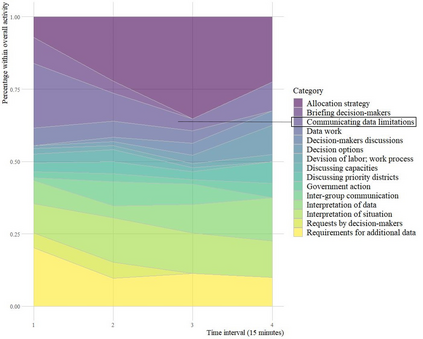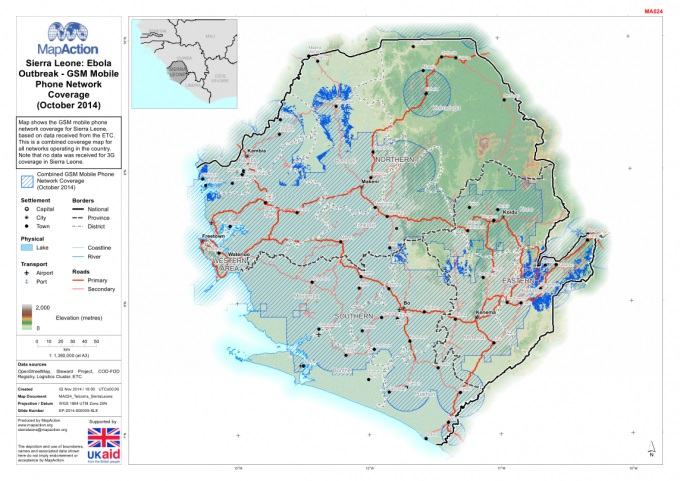Humanitarian crises, such as the 2014 West Africa Ebola epidemic, challenge information management and thereby threaten the digital resilience of the responding organizations. Crisis information management (CIM) is characterised by the urgency to respond despite the uncertainty of the situation. Coupled with high stakes, limited resources and a high cognitive load, crises are prone to induce biases in the data and the cognitive processes of analysts and decision-makers. When biases remain undetected and untreated in CIM, they may lead to decisions based on biased information, increasing the risk of an inefficient response. Literature suggests that crisis response needs to address the initial uncertainty and possible biases by adapting to new and better information as it becomes available. However, we know little about whether adaptive approaches mitigate the interplay of data and cognitive biases. We investigated this question in an exploratory, three-stage experiment on epidemic response. Our participants were experienced practitioners in the fields of crisis decision-making and information analysis. We found that analysts fail to successfully debias data, even when biases are detected, and that this failure can be attributed to undervaluing debiasing efforts in favor of rapid results. This failure leads to the development of biased information products that are conveyed to decision-makers, who consequently make decisions based on biased information. Confirmation bias reinforces the reliance on conclusions reached with biased data, leading to a vicious cycle, in which biased assumptions remain uncorrected. We suggest mindful debiasing as a possible counter-strategy against these bias effects in CIM.
翻译:2014年西非埃博拉疫情等人道主义危机挑战信息管理,从而威胁到应对组织的数字复原力。危机信息管理的特点是,尽管情况不确定,但迫切需要作出反应。危机信息管理(CIM)的特点是,尽管情况不确定,但危机信息管理(CIM)的特点是,迫切需要作出反应。由于利害关系大、资源有限和认知负荷大,危机容易在数据以及分析者和决策者的认知过程中产生偏见。当偏见在CIM中仍然未被发现和未处理时,可能导致基于偏差的信息做出决策,增加反应效率低下的风险。文献表明,危机应对需要通过适应新的和更好的信息来应对最初的不确定性和可能的偏差。然而,我们对于适应性做法是否减轻数据和认知偏差的相互作用知之甚少。我们通过探索性、三阶段的流行病应对实验来调查这一问题。我们的参与者在危机决策和信息分析领域经验丰富的实践者。我们发现,即使发现偏差,分析者也无法成功获得偏差数据,而这种失败可归因于低估对支持快速结果的努力的贬低偏见。但这种失败导致偏差信息偏差的偏差,因此导致形成偏差信息偏差的偏差,从而导致不稳性判断结果。

